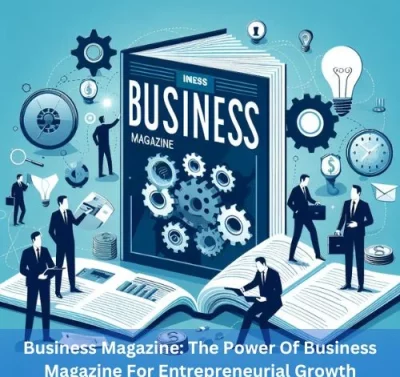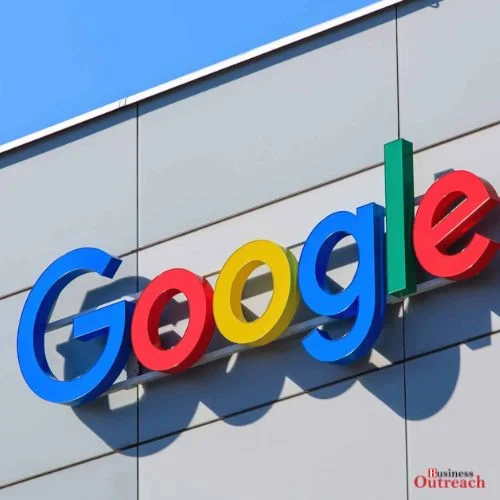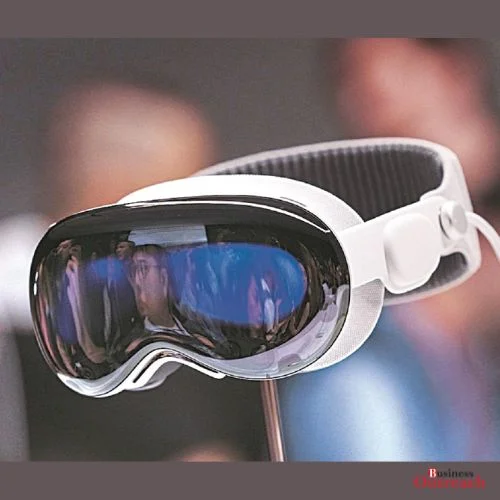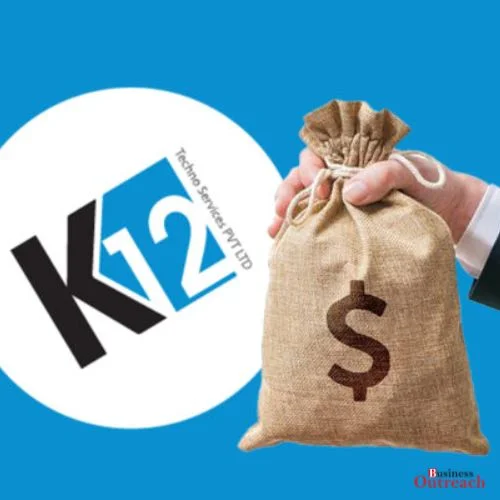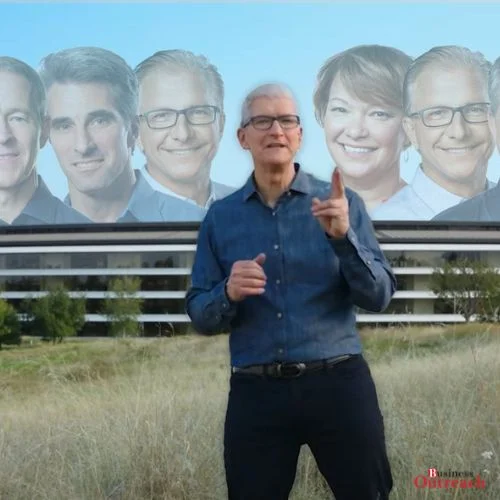TikTok, the video sharing social media platform owned by Chinese company ByteDance, has recently placed restrictions on the tools researchers use to analyse trends and content on its platform. This comes after increased scrutiny from critics who have accused TikTok of suppressing content that may contradict the Chinese government’s interests or priorities.
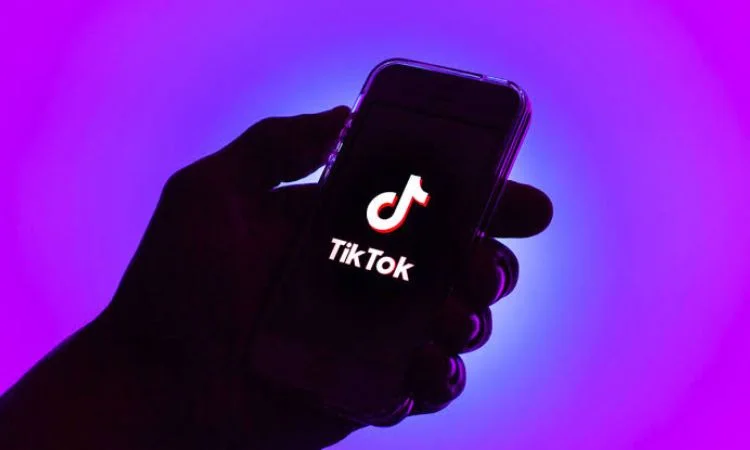
According to a report published in The Hindu BusinessLine, TikTok has limited the search functionality on its Creative Centre, a tool aimed at helping brands and advertisers but also used by researchers. Previously, users could search any hashtag to see how popular or widely used it was. Now, only the top 100 industry hashtags can be searched.
Additionally, the company removed certain hashtags from being stored and analysed through the Creative Centre. This included politically sensitive topics to China like “UyghurGenocide” and “TiananmenSquare”, as well as hashtags related to US politics, current events in Gaza, Ukraine and elsewhere.
A TikTok spokesperson claimed the changes were made because “some individuals and organisations have misused the Center’s search function to draw inaccurate conclusions.” However, the restrictions came after a recent study questioned whether TikTok influences the amplification of certain topics based on their alignment with Chinese government policies.
The study in question, conducted by the Network Contagion Research Institute at Rutgers University, had compared hashtag trends on TikTok and Instagram. It found topics of political and global significance sometimes performed very differently between the two platforms. This led researchers to propose the “strong possibility” that TikTok suppresses or boosts content based on China’s approach.
In response, TikTok disputed the methodology and findings of the study. However, the company did not provide evidence to conclusively disprove the accusations either. By pulling back access to analytical tools now, it no longer allows independent verification of trends on the platform.
Researchers and critics argue this lack of transparency fuels concerns about political censorship and manipulation. As a Chinese-owned company, TikTok is already viewed with more skepticism over data privacy and national security issues by several governments as well.
Looking ahead, the controversy raises important questions. Countries may reconsider TikTok’s access within their markets if content fairness cannot be assured. Users also deserve clarity on whether their views are organically shared or subjected to unknown filtering.
Overall, as social media increasingly impacts public discourse, transparency in recommender algorithms and oversight of potentially biased trends are paramount. Platforms need robust measures to reassure all stakeholders, or risk eroding trust on a global scale.








